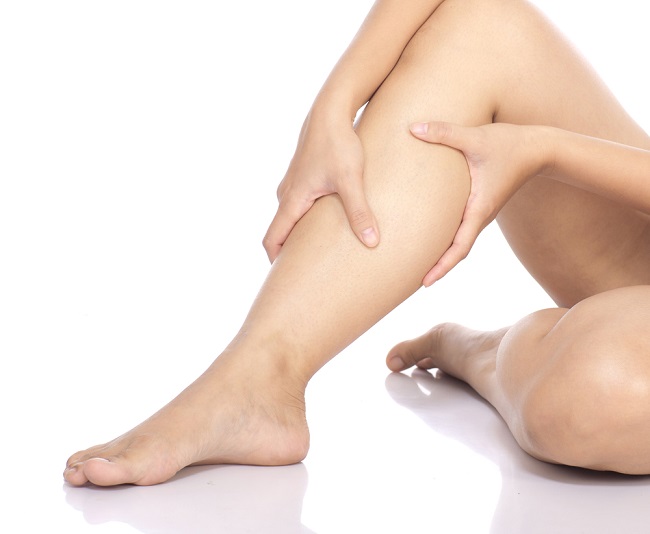Tooth extraction procedures during pregnancy sometimes need to be done. Especially if the disturbance in the teeth is very severe and the pain that appears is unbearable. However, does tooth extraction during pregnancy pose a risk to the health of the fetus?
The questions above are often the reasons that make many pregnant women feel hesitant to do dental care during pregnancy. To answer this question, you should first understand when is the right time to extract teeth during pregnancy.

When Can You Do Tooth Extraction During Pregnancy?
Dental care can be done at any time during pregnancy, especially treatments in the form of cleaning tartar and filling teeth. However, especially for severe dental treatment, such as wisdom tooth extraction (odontectomy), it should only be done at certain times.
If the tooth decay is severe enough, the cavity is large enough, the root of the tooth is infected, or the wisdom tooth suddenly hurts, the dentist will recommend the pregnant woman to extract the tooth. The best time to do this procedure is in the second trimester of pregnancy, which is between the 14th and 20th weeks.
This is because the vital organs of the fetus, such as the heart and brain, are already formed in the second trimester. In addition, in the second trimester, the side effects of this action on the fetus are also lower and pregnant women generally feel less nauseated.
Things to Pay Attention to When Tooth Extractions
The most important thing to do when consulting a dentist while pregnant is to tell the doctor that you are pregnant. That way, doctors can be more careful in determining the drugs and treatments that will be given, including if you have to extract your teeth.
Before performing a tooth extraction, doctors often need to perform the following procedures:
Dental X-ray
Dental X-rays are needed to determine the diagnosis of a disease and see the position of the tooth in the jaw before extracting the tooth. If you are pregnant, this procedure needs to be done with extreme caution.
The radiation generated during X-rays is not large and does not actually harm the development of the fetus. However, this procedure should be avoided during pregnancy if it is not absolutely necessary.
If a dental X-ray is urgently needed, don't forget to tell the lab staff that you are pregnant. You are also advised to ask for radiation shields to cover your body during dental X-rays.
Anesthesia or anesthesia
Anesthesia that is usually needed during dental treatment is a local anesthetic. This anesthetic is given only to the problem area of the tooth, so that the patient remains conscious.
Anesthetics can be given as a topical (ointment, spray, cream, and gel) or injection. Anesthetic drugs that can be used in pregnant women include: bupivacaine, lidocaine, mepivacaine. However, these drugs are also only used when the benefits are deemed to outweigh the risks.
Before anesthesia, you need to tell your dentist that you are pregnant. That way, doctors can adjust the type and dose of anesthetic used, as well as anticipate the risks that may arise.
Drugs
Before performing a tooth extraction, the doctor may prescribe pain medication or antibiotics to treat toothache, swollen gums, or other dental problems. However, not all drugs are safe for pregnant women. Therefore, tell the doctor that you are pregnant so that the type of medicine can be adjusted.
class of antibiotics penicillin, cephalosporin, erythromycin, and clindamycin including drugs that are safe to drink during pregnancy.
While the class of antibiotics tetracycline not recommended for pregnant women because it can cause the baby to have discolored teeth, especially if this drug is used after 15 weeks of gestation.
To be safe, you should regularly check with the dentist since planning your pregnancy. That way, if you have cavities or other problems with your teeth, they can be addressed before you get pregnant. So, you don't have to worry about the risk of tooth extraction while pregnant again, right?
Written by:
drg. Robbykha Rosalien, M.Sc
(Dentist)









